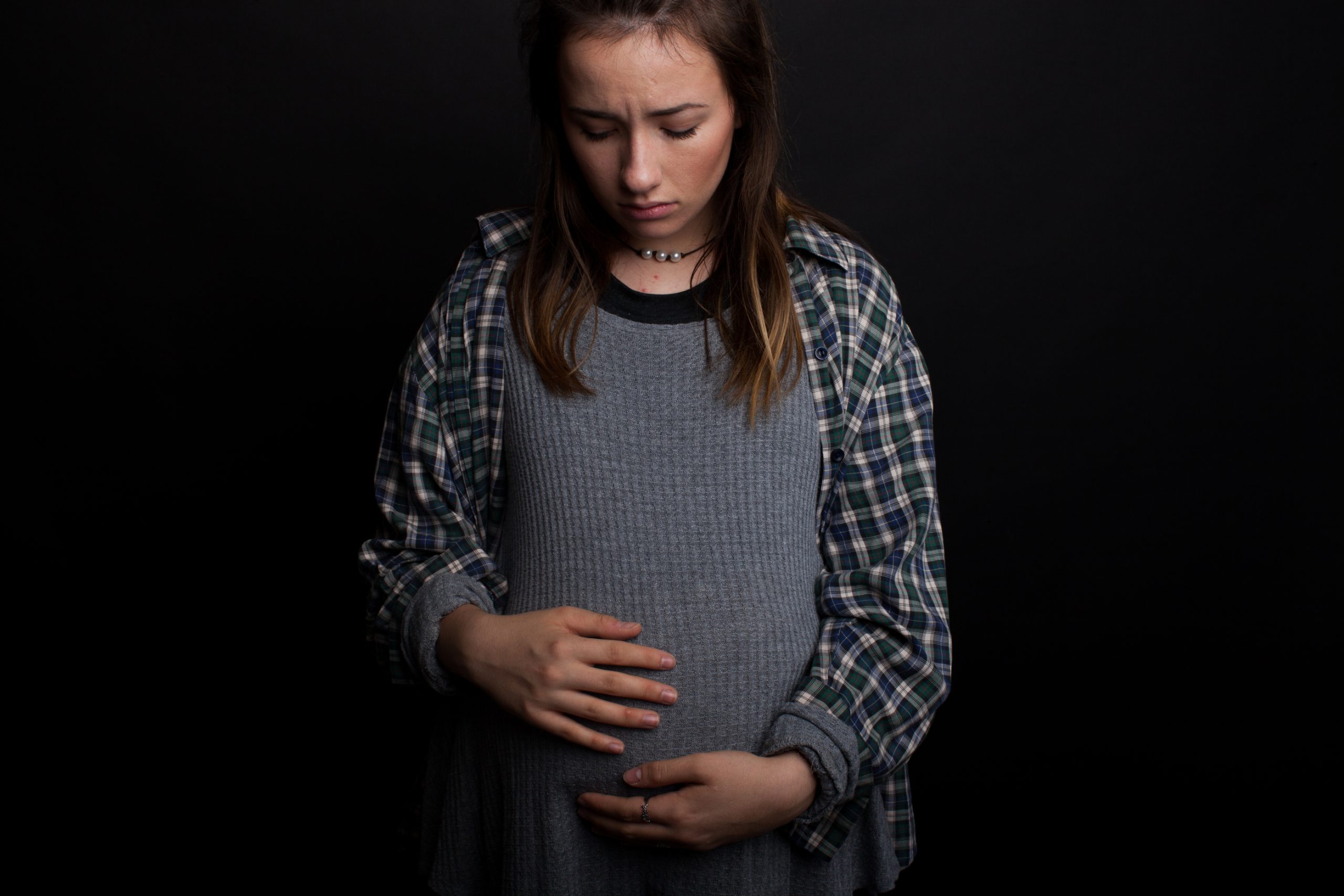
By Jeremiah Schultz
“Abortions will not let you forget.”
These words from Gwendolyn Brooks’ poem, “The Mother,” come to my mind whenever I consider abortion’s influence within our culture. As Christians, we recognize that abortion undermines our moral foundations – those life-affirming truths which God prepares for all people – and replaces them with wickedness and death. Yet society would have us believe that abortion is an act of mercy, that one life is more valuable than another, or that one life is not even a life at all. Our world bombards us with pro-choice programming, a proposed normalization of an unnatural act. And this normalization is alluring. It appeals to the religious and secular alike, drawing us both towards an easy and natural mindset common to all casualization of sin: apathy.
Yet abortion will not let us forget.
In high school, I unwittingly found myself in a spirited conversation concerning abortion with one of my best friends. As a through and through ‘pastor’s kid,’ I couldn’t fathom a world in which abortion was acceptable on any terms: not anytime, anywhere, period, end of story. My friend, however, struggled to see the black and white of such a seemingly nuanced moral dilemma:
At what point is a child really a child? Shouldn’t the mother’s health have precedent? What about a child conceived by rape?
I felt ill equipped to answer these questions. I had no real arguments, no logical progressions or compelling rhetorical approaches. No one had taught me in church or at school how to tactfully dismantle a pro-choice argument.
In these moments, it’s easy to feel as though we Christians have nothing useful to say; there’s a temptation to let these conversations go, to care a little less and move on. Yet the reality is that Christians are perfectly equipped to speak because God has spoken for us. We turn to Scripture, staking our faith and trust upon the living, breathing Word of God.
“For you formed my inward parts; you knitted me together in my mother’s womb.” (Psalm 139:13, ESV)
“He chose us in him before the foundation of the world, that we should be holy and blameless before him.” (Ephesians 1:4, ESV)
“Before I formed you in the womb I knew you, and before you were born I consecrated you; I appointed you a prophet to the nations.” (Jeremiah 1:5, ESV)
“On you was I cast from my birth, and from my mother’s womb you have been my God.” (Psalm 22:10, ESV)
“So it is not the will of my Father who is in heaven that one of these little ones should perish.” (Matthew 18:14, ESV)
Christians stand on Scripture alone. It is a mistake to believe that we can fruitfully engage in conversations concerning life issues without the Word of God at least grounding us, and ideally emerging as the central consideration of our discussions. I don’t mean to discount secular moral arguments in support of life, I only mean to suggest that in an increasingly irrational world, rational arguments should not stand on their own. Should we put our faith only in our ability to explicate natural law? Or should we first humbly turn to scripture? “For the word of God is living and active, sharper than any two-edged sword, piercing to the division of soul and of spirit, of joints and of marrow, and discerning the thoughts and intentions of the heart” (Hebrews 4:12, ESV).
I’m not sure which Bible verse I used while talking to my friend all those years ago. Whichever one was referenced deeply moved him. I will never forget witnessing his confusion and despair. He shared with me that a few years before he was born, his mother had had an abortion, ending the life of an older sibling he never got to meet. How do you process something like this as a teenager, or at any age? I couldn’t help but hear the unspoken words lingering in my dear friend’s mind: What if the abortion had been me? And why wasn’t it?
In a world which asks us to conceptually distance ourselves from abortion, to think it a benign choice of reproductive health, we must stand firm in the Word of God and reject all instincts towards apathy. Mothers and fathers who never met their children walk among us every day, and they need the healing balm the truth of the Gospel offers. Children, our friends, and our families have lost siblings to abortion. They too, need to hear that abortion was not what God intended; rather Jesus came to bring LIFE. There are many conversations to be had, and there is much work to be done. Gwendolyn Brooks reminds us that “we must love them, we must love them all.” Even more, God’s Word reminds us that He is at work not only to strengthen and heal, but also to give life: “I came that they may have life and have it abundantly” (John 10:10, ESV).
